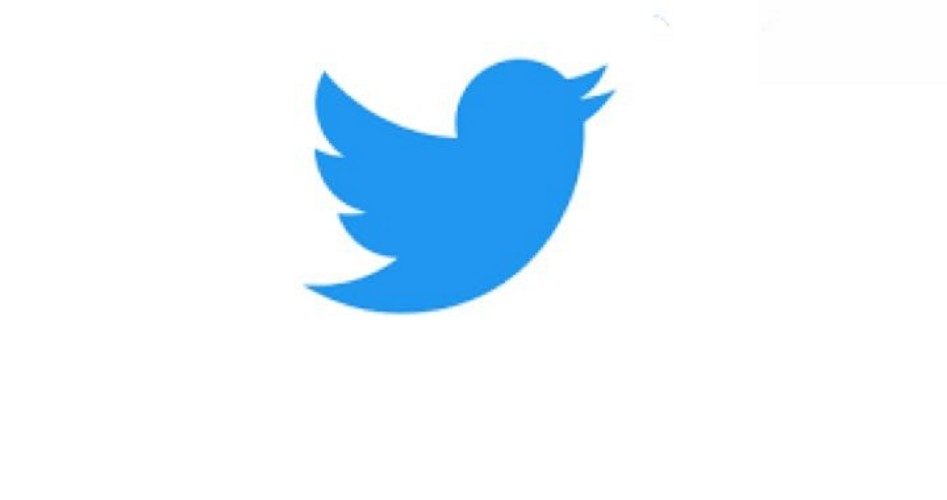
The feminist writer whom Twitter banned because she questioned “transgender” ideology in a tweet has sued in the social-media giant in superior court in San Francisco, California.
Megan Murphy’s mission: To get her Twitter account back and force the corporation to live up to its claims to being a platform for free speech.
A Canadian, Murphy claims that Twitter breached its own policies and damaged her financially because of that breach and that banning users violates its own claims to be a free-speech platform.
“Misgendering” Not Allowed
Murphy’s trouble began in October when she challenged “transgenderism,” the nutty idea that one is a member of the opposite sex if he or she “feels” such an impulse. Persons who actually believe they are the opposite sex are, of course, mentally ill.
But Murphy never pointed out the obvious mental malady of “transgenders.” She merely called a man a man. On October 11, 2018, she tweeted, “Men aren’t women,” a remark that Twitter forced her remove. Twitter also forced her remove a tweet that asked, “How are transwomen not men? What is the difference between a man and a transwoman?”
Murphy asked in a responding tweet whether she is “allowed to say that men aren’t women or ask questions about the notion of transgenderism?” And, she rightly tweeted, “that a multi billion dollar company is censoring BASIC FACTS and silencing people who ask questions about this dogma is INSANE.”
That tweet invited 20,000 likes, but Twitter forced her to delete it “without citing any rule or policy that it violated,” the lawsuit alleges. On November 23, Twitter deep-sixed her account for good because she wrote “Yeeeah it’s him” over an image of a fellow named Jonathan Yaniv.
Yaniv, a man who pretends he is a woman, has filed multiple “human rights” claims to force women who work in waxing salons to give him bikini waxes. They do not wish to do so for an obvious reason. The very idea revolts them, and rightly so.
Although Yaniv is clearly seen as a man all across the Internet, including in his own social-media profiles, the lawsuit observes, Twitter claimed that Murphy’s tweet violated its “Hateful Conduct Policy” because she “misgendered” him.
Breach of Contract, Promissory Estoppel
Murphy’s lawsuit alleges that Twitter’s user agreement constitutes a binding contract with users, and that banning her and not providing a promised 30 days advance notice of changing the agreement’s terms, breached that contract. The lawsuit argues that Twitter retroactively banned what she said.
As well, the lawsuit argues, banning Murphy breached an explicit public promise from the company’s chieftain, Jack Dorsey. In September, called before Congress to discuss Twitter’s censorship of conservatives, Dorsey claimed that that Twitter doesn’t “consider political viewpoints, perspectives, or party affiliation in any of our policies or enforcement decisions, period” and that Twitter’s “policies and our algorithms don’t take into consideration any affiliation, philosophy, or viewpoint.”
As well, “in violation of these promises, Twitter covertly made sweeping changes to its Hateful Conduct Policy sometime in in late October 2018 banning, for the first time, ‘misgendering or deadnaming of transgender individuals.’ This new policy banned expression of a political belief and perspective held by a majority (54%, according to a 2017 Pew Research poll) of the American public: that whether someone is a man or a woman is determined by the sex they were assigned at birth.”
Deadnaming is the neologism with which transgender activists heap opprobrium on those who refuse to call them by their new names.
The Counts
Twitter’s banning Murphy, the lawsuit claims, constitutes breach of contract because the ban was retroactive and Twitter did not give 30 days notice of the change. As well, Twitter violated its terms of service in banning Murphy. And some provisions of that agreement are “unconscionable.”
The lawsuit also claims promissory estoppel, meaning that Twitter breached a promise upon which Murphy relied to her detriment. Twitter is crucial to Murphy’s success as a freelancer.
Twitter’s ban also violates California’s laws against unfair competition and business practices, the lawsuit argues, by inserting “unconscionable” provisions into its user agreement.
Finally, she argues: “Twitter’s practices are fraudulent because it held itself out to be a free speech platform. … Twitter’s status as a forum that would uphold the free speech rights of its users was not a minor detail lurking within Twitter’s Terms of Service. Instead, Twitter claimed that this was the entire reason the platform was founded and the platform’s most basic function.”
Twitter’s website, the lawsuit observes, repeatedly states that it is a neutral forum for free speech.



